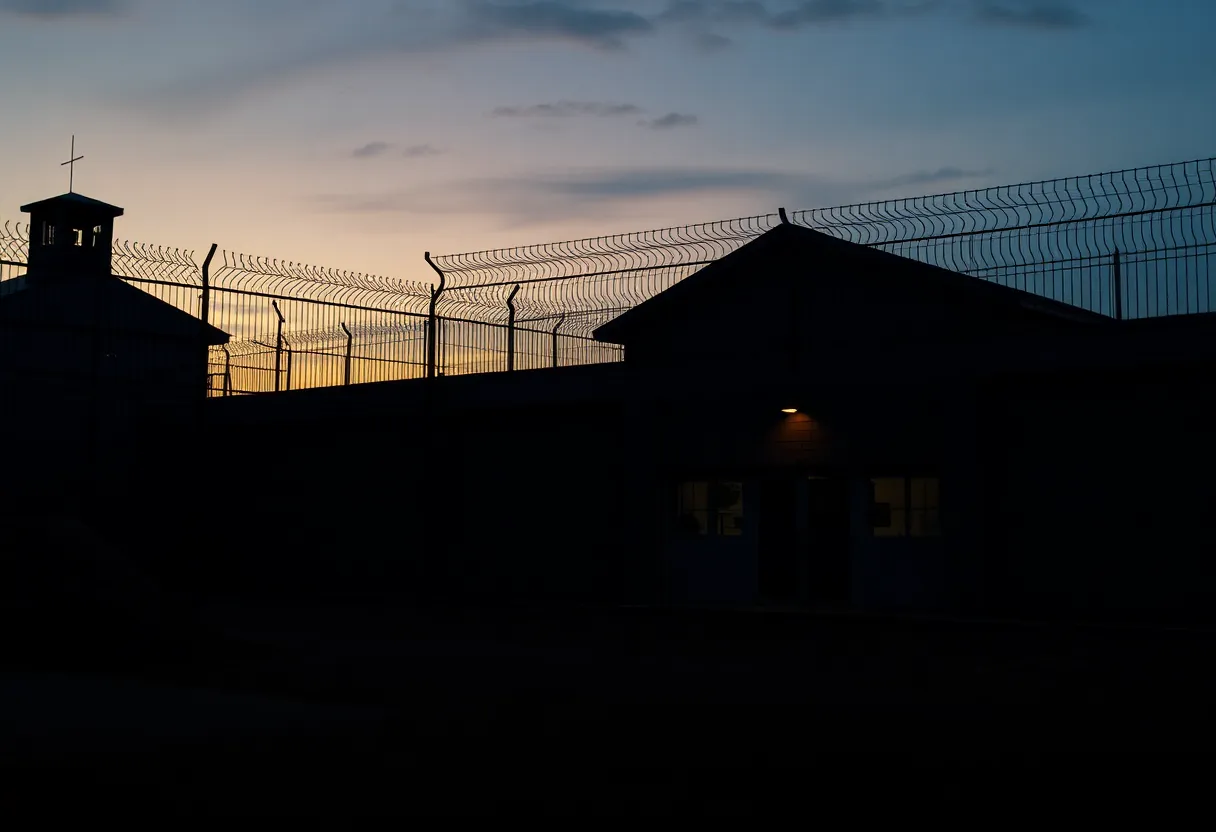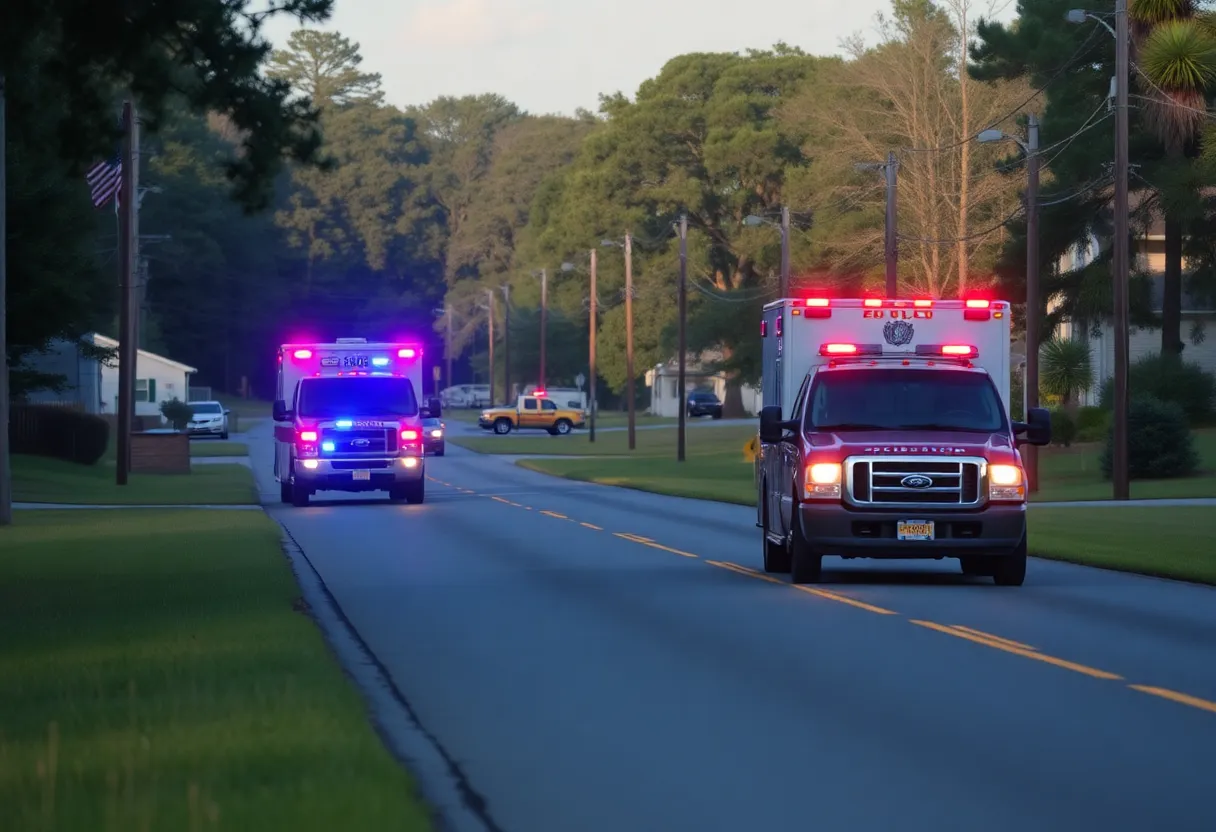News Summary
On April 11, 2025, South Carolina executed Mikal Mahdi using a firing squad, reigniting debates over the death penalty’s morality. This marked the state’s second firing squad execution in five weeks amid ongoing legal and ethical controversies surrounding capital punishment methods.
Columbia, South Carolina: A Somber Execution by Firing Squad
On April 11, 2025, the state of South Carolina executed Mikal Mahdi at the Broad River Correctional Institution, marking a historic and somber event that added to the ongoing debate over the death penalty in the United States. With the clock striking 6:05 p.m., Mahdi’s execution became just the second instance of a firing squad being used in the state within a mere five weeks.
A Life Cut Short
At 42 years old, Mikal Mahdi was relatively young in the context of individuals facing capital punishment. His journey through the criminal justice system began in 2004 when he was found guilty of the brutal murder of off-duty Orangeburg Public Safety officer James Myers. Mahdi shot the officer a staggering nine times and, to add to the horror of the crime, he set Myers’ body on fire. Tragically, it was Myers’ wife who discovered his remains shortly after the gruesome act.
Firing Squad Execution Method
The execution method employed was a firing squad, involving three corrections personnel who used rifles fired from a distance of approximately 15 feet. A target was affixed to Mahdi’s chest, and witnesses described the aftermath as leaving a visible wound. This method of execution has garnered criticism for its violent history, adding fuel to the ongoing debate regarding the morality and humanity of capital punishment.
Final Moments and Last Meal
In his final moments, Mahdi chose not to provide a statement nor look towards the witnesses present in the room. Prior to the execution, he partook in a last meal, consisting of ribeye steak, mushroom risotto, broccoli, collard greens, cheesecake, and sweet tea, a luxurious spread that starkly contrasts with the grim surroundings of the death chamber.
Legal Challenges and Arguments
Mahdi’s legal representation argued fervently for his life, shedding light on his traumatic childhood and untreated mental health issues. However, their efforts were in vain as the South Carolina Supreme Court maintained its prior rulings, denying any stay on the execution. This continued the troubling trend of an elongated legal battle that pointed to inadequate representation from Mahdi’s original defense team, raising questions about the fairness of the judicial process in capital cases.
Shift in Execution Methods
Interestingly, this execution comes on the heels of a substantial pause in South Carolina’s execution history, which had spanned over a decade. The state resumed executions in September 2024, resulting in a total of five executions carried out since then. Among these, three were performed by lethal injection while the latest two employed the firing squad. This method was legalized by the South Carolina legislature in response to ongoing difficulties in securing the drugs necessary for lethal injections.
Public Response
Conclusion
The execution of Mikal Mahdi brings a chilling chapter to South Carolina’s history with the death penalty and the use of firing squads. As the state grapples with its choice of methods for capital punishment, the question remains: what lies ahead for the future of executions in South Carolina? As the public continues to debate the morality and efficacy of such drastic measures, one has to wonder if this will pave the way for legislative changes or alter public opinion regarding the death penalty.
Deeper Dive: News & Info About This Topic
- WYFF4 News
- The New York Times
- USA Today
- Encyclopedia Britannica: Death Penalty
- Google Search: South Carolina Firing Squad Execution







